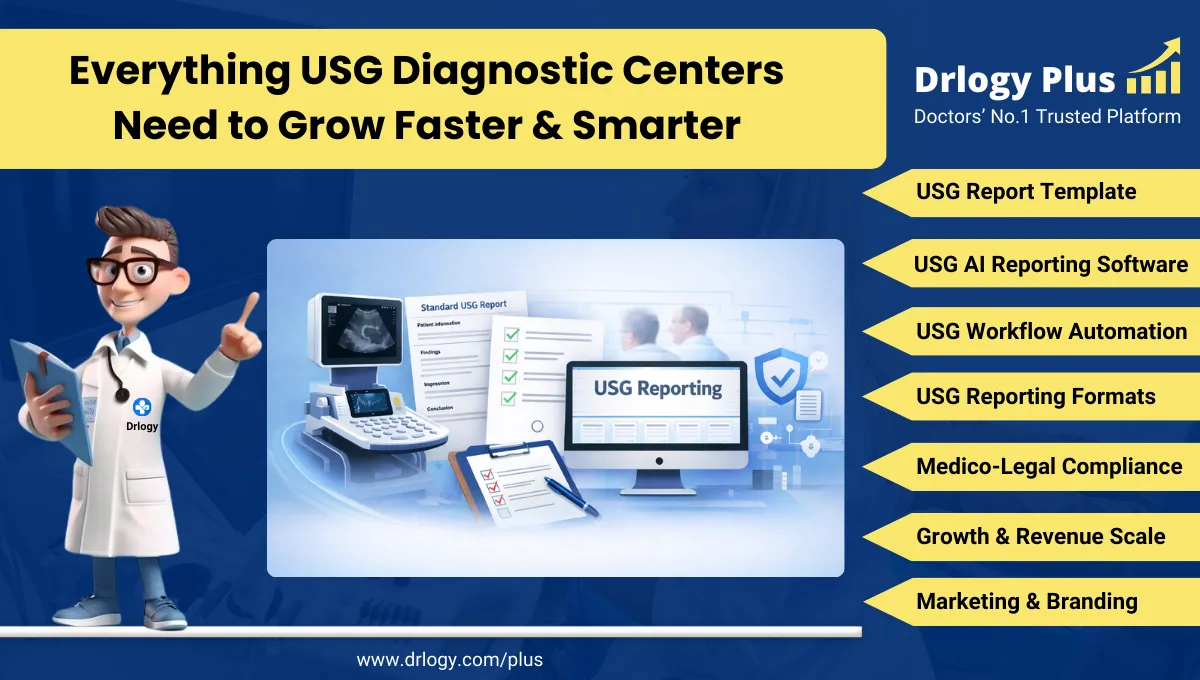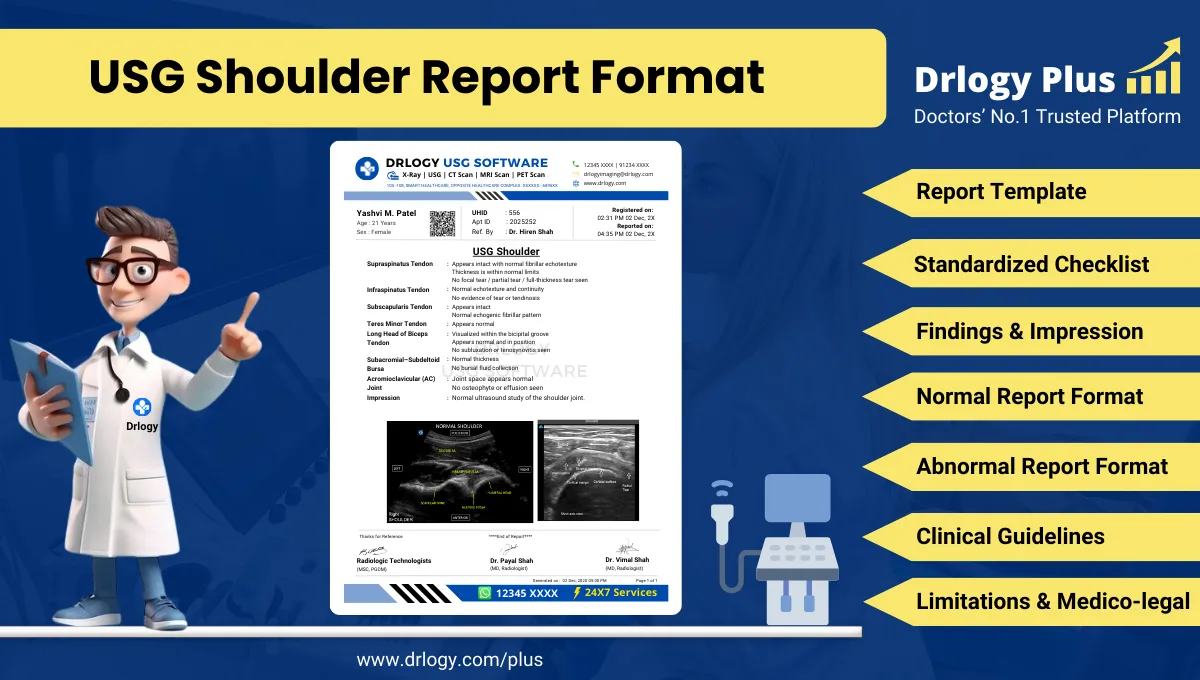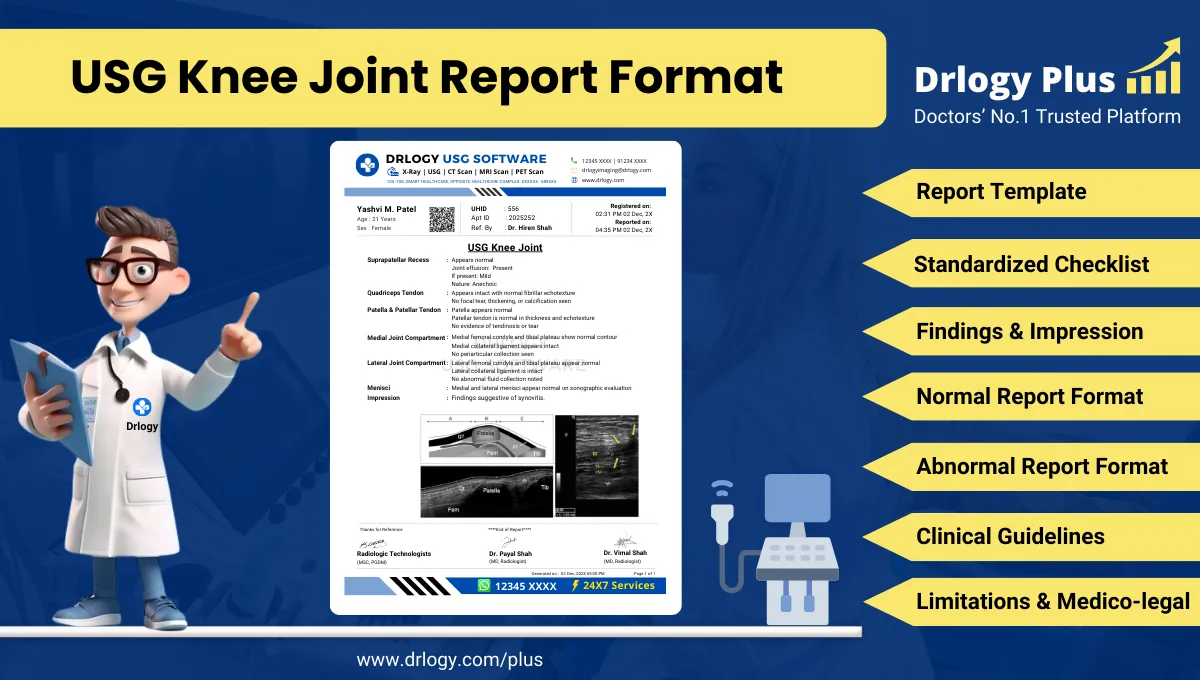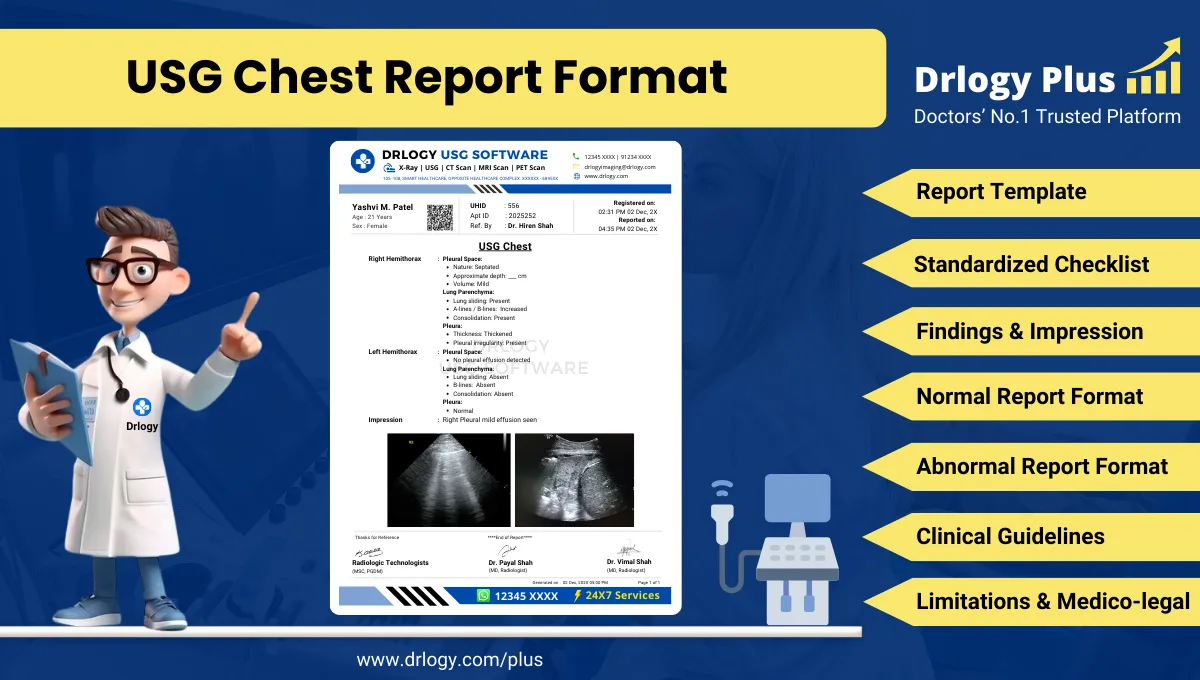

Drlogy
Healthcare organization
10 Steps Patient Support Program In Patient Counselling
Patient support programs within patient counseling offer invaluable assistance and resources to individuals navigating complex healthcare journeys. By providing personalized guidance, emotional support, and access to essential services, these programs enhance patient empowerment, adherence, and overall well-being.
Check:
10 Steps Patient Support Program In Patient Counselling
Here are 10 Steps Patient Support Program In Patient Counselling.

1. Needs Assessment and Program Development
- Identify Patient Needs: Conduct a thorough assessment to understand patients' medical, emotional, and social needs, including barriers to care and support systems.
- Tailor Program: Develop a customized patient support program based onentified needs, incorporating a range of services and resources to address specific challenges.
- Collaborative Approach: Involve patients, caregivers, and healthcare professionals in the program development process to ensure relevance and effectiveness.
2. Education and Information Provision
- Disease Education: Provide comprehensive education about the patient's medical condition, treatment options, medication management, and self-care practices.
- Health Literacy: Offer information in clear, understandableuage, utilizing visual aids, written materials, and multimedia resources to enhance comprehension.
- Resource Navigation: Guide patients in accessing reliable health information, community resources, and support services relevant to their needs.
3. Emotional Support and Coping Strategies
- Emotional Counseling: Offer counseling and emotional support to help patients cope with the psychological impact of their illness, treatment, and lifestyle changes.
- Peer Support: Facilitate connections with peer support groups, online forums, or community networks to provide emotional validation, shared experiences, and encouragement.
- Stress Management: Teach stress management techniques, relaxation exercises, and mindfulness practices to help patients reduce anxiety and improve emotional well-being.
4. Medication Management and Adherence Support
- Medication Counseling: Provide medication counseling to ensure patients understand their prescriptions, dosage instructions, potential side effects, and the importance of adherence.
- Adherence Strategies: Implement adherence support strategies, such as pill organizers, medication reminders, and refill assistance programs, to help patients stay on track with their treatment.
- Monitoring and Follow-Up: Monitor medication adherence through regular follow-up, feedback, and assessment, intervening promptly to address adherence barriers or concerns.
5. Lifestyle Modification and Behavior Change
- Behavioral Counseling: Offer counseling and guidance on adopting healthy lifestyle behaviors, such as diet modification, physical activity, smoking cessation, and stress reduction.
- Goal Setting: Collaborate with patients to set realistic health goals and develop action plans for implementing behavior change strategies.
- Skill-Building: Teach practical skills, problem-solving techniques, and self-monitoring strategies to empower patients to make sustainable lifestyle changes.
6. Care Coordination and Referral Management
- Care Coordination: Coordinate care across multiple healthcare providers, specialties, and settings to ensure continuity, consistency, and efficiency in patient care.
- Referral Assistance: Assist patients in accessing additional services, specialists, or community resources, such as financial assistance programs, transportation services, or home healthcare.
- Follow-Up and Monitoring: Schedule regular follow-up appointments, assessments, and evaluations to monitor progress, address emerging needs, and adjust care plans as necessary.
7. Advocacy and Patient Rights
- Patient Advocacy: Advocate for patients' rights, preferences, and best interests within the healthcare system, ensuring they receive respectful, person-centered care.
- Empowerment: Empower patients to voice their concerns, ask questions, and actively participate in decision-making processes related to their care.
- Navigational Support: Provide guidance and assistance in navigating complex healthcare systems, understanding insurance coverage, and resolving healthcare-related issues or disputes.
8. Practical Assistance and Social Support
- Practical Support: Offer practical assistance with activities of daily living, transportation, meal preparation, or household tasks to alleviate caregiving burdens and enhance patient comfort.
- Social Connection: Facilitate social engagement and meaningful connections with family, friends, or support networks to combat social isolation and loneliness.
- Community Integration: Promote community engagement, participation in recreational activities, and involvement in social events to foster a sense of belonging and social connectedness.
9. Health Monitoring and Disease Management
- Symptom Monitoring: Monitor patients' symptoms, vital signs, and disease progression through regular assessments and symptom tracking tools.
- Self-Management Skills: Teach patients self-management skills, such as symptom recognition, medication adjustment, and self-care techniques, to enhance their ability to manage their condition independently.
- Preventive Care: Emphasize the importance of preventive care measures, regular screenings, vaccinations, and health maintenance activities to prevent complications and optimize health outcomes.
10. Evaluation and Continuous Improvement
- Program Evaluation: Assess the effectiveness of the patient support program through patient feedback, outcome measures, and quality improvement initiatives.
- Feedback Mechanisms: Solicit feedback from patients, caregivers, and healthcare providers toentify areas for improvement, gaps in services, and opportunities for enhancement.
- Continuous Learning: Stay updated on best practices, evidence-based interventions, and emerging trends in patient support and counseling to enhance program quality and relevance.
Drlogy Patient Counseling Guide
| 1. Introduction | 8. Impact |
| 2. Objective | 9. Doctor's |
| 3. Patient Education | 10. Medication Education |
| 4. Patient Counseling Software | 11. Lifestyle Modification |
| 5. Benefits | 12. Patient Support |
| 6. Techniques | 13. Long Term Goal |
| 7. Ideas/Examples | 14. Mistakes To Avoid |
Summary
Overall, Implementing a patient support program entails a structured approach to address individual needs, enhance self-management skills, and foster holistic care, ultimately improving patient outcomes and satisfaction with healthcare services.
Check Drlogy Patient Counseling Guide offers comprehensive support for healthcare providers, facilitating effective communication, education, and empowerment for patients, ultimately leading to improved health outcomes.




